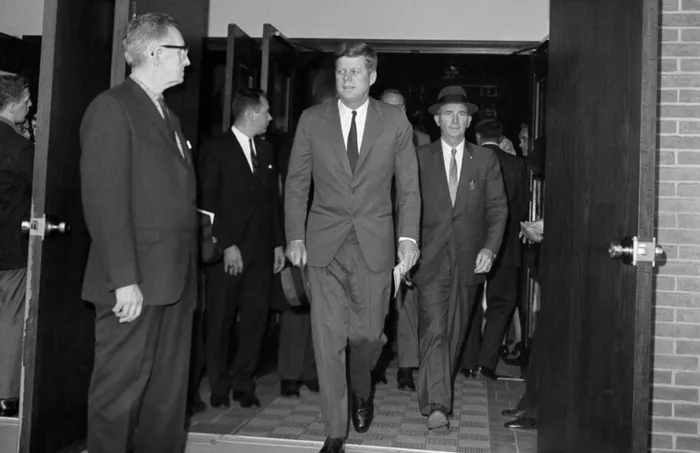Why we fall for conspiracy theories

There have been countless conspiracy theories on everything from the death of John F Kennedy to the first Moon landing. There have been countless conspiracy theories on everything from the death of John F Kennedy to the first Moon landing.
London - There have been countless conspiracy theories on everything from the death of John F Kennedy to the first Moon landing.
And no matter how outlandish, they don’t seem to go away.
Now a study has found that labelling a story as a “conspiracy theory” does not make people less likely to believe – and they even find the explanations so attractive they ignore holes in the argument.
In fact, the “romanticised image” of conspiracy theories on television has made them as believable as facts. The researchers from Winchester University asked 802 Americans to read a “short mock news article about a fictitious political scandal in Canada”.
In some cases it was given the headline, “Conspiracy theories emerge in wake of Canadian election result,” while other times it was headlined: “Corruption allegations emerge in wake of Canadian election result”.
The results showed “no evidence of a negative effect of calling something a conspiracy theory” on its believability.
Psychologist Dr Michael Wood, the lead author, said the results were surprising.
Daily Mail